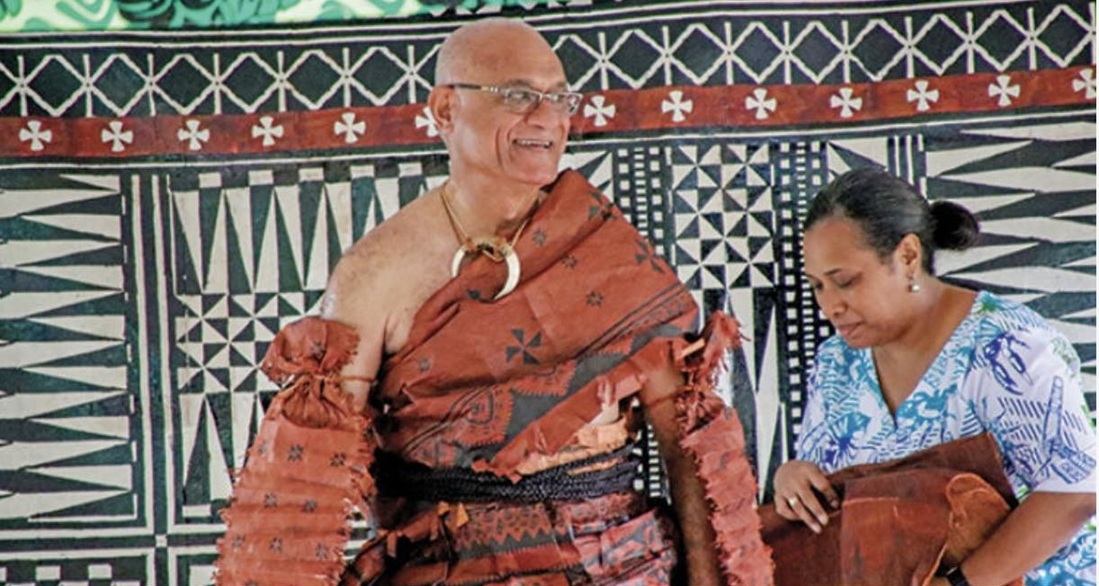The fact that a former vice president of the People’s Alliance party has called on Prime Minister Sitiveni Rabuka to initiate a leadership transition before the 2026 General Election will spark discussions!
Especially so when it is coming from Ratu Naulu Mataitini, a respected voice within the party.
He made a direct appeal for a “structured transition” that reflects the values of renewal, stability and democracy that PAP championed in 2022.
He is urging PM Rabuka to initiate a leadership transition prior to 2026.
Ratu Naulu believes Mr Rabuka’s legacy will be defined, “not by retention of power, but by cultivating successors capable of reconciling Fiji’s divided history with its aspirational future”.
True statesmanship, he insists, is not about clinging to office “but paving the way for new leadership”.
He warned Fiji’s complex challenges required “leadership unburdened by past military interventions”.
It appears Ratu Naulu’s call is not just about personality or political timing. It’s about vision! A leadership handover, he believes, if handled with foresight and integrity, would not only reinforce PAP’s internal stability but also reaffirm its commitment to democratic values.
Such a move, he suggests, would distinguish the party as forward-thinking and grounded in principle.
There reportedly appear to be quiet rumblings within PAP ranks, supporting Ratu Naulu’s position.
Insiders are acknowledging a growing sentiment that a carefully managed leadership handover would strengthen the party ahead of the next election. This in the face of Mr Rabuka confirming he would be contesting the elections in 2026!
Ratu Naulu talks about what he believes is an increasingly prevalent, “albeit often tacit, recognition among PAP supporters that Fiji’s challenges, including unresolved constitutional tensions, iTaukei disillusionment, climate change, youth disengagement, and economic disparity require leadership unburdened by past military interventions”.
Any successor, he suggested, must come from within the PAP ranks.
He talks about the ideal successor possessing three fundamental attributes: moral fortitude to address Fiji’s historical context while fostering unity; visionary pragmatism to address iTaukei concerns, climate resilience, technological economies, and regional inequalities expeditiously; and cultural adeptness to respect tradition without being constrained by it.
This latest development adds a new layer of complexity to the political discourse ahead of 2026.
It raises several questions.
Who within PAP or across the broader political landscape has the leadership depth and credibility to take the helm? Who can command both domestic and international respect, sitting confidently at the global table and speaking with authority, empathy, and clarity on behalf of us all?
In today’s complex political environment, Fijians are not only looking for competent administrators. They want leaders who inspire, unite, and offer a compelling vision for the future. Leadership is ultimately about bringing people together and making bold yet thoughtful decisions that benefit the nation.
Ratu Naulu’s remarks have placed a spotlight on an important question for PAP and for Fiji. What kind of leadership does the country need, and who is best equipped to deliver that?



